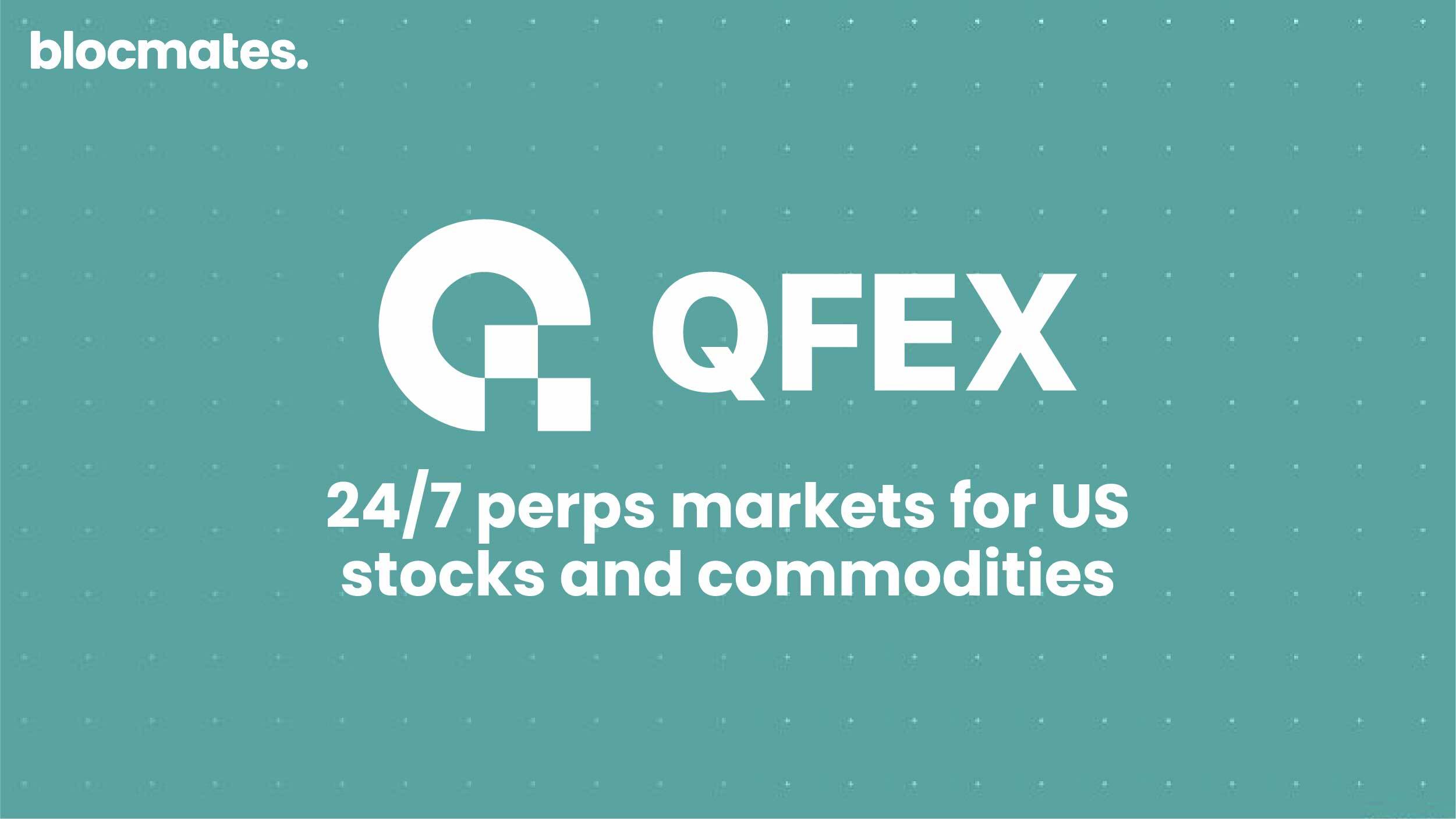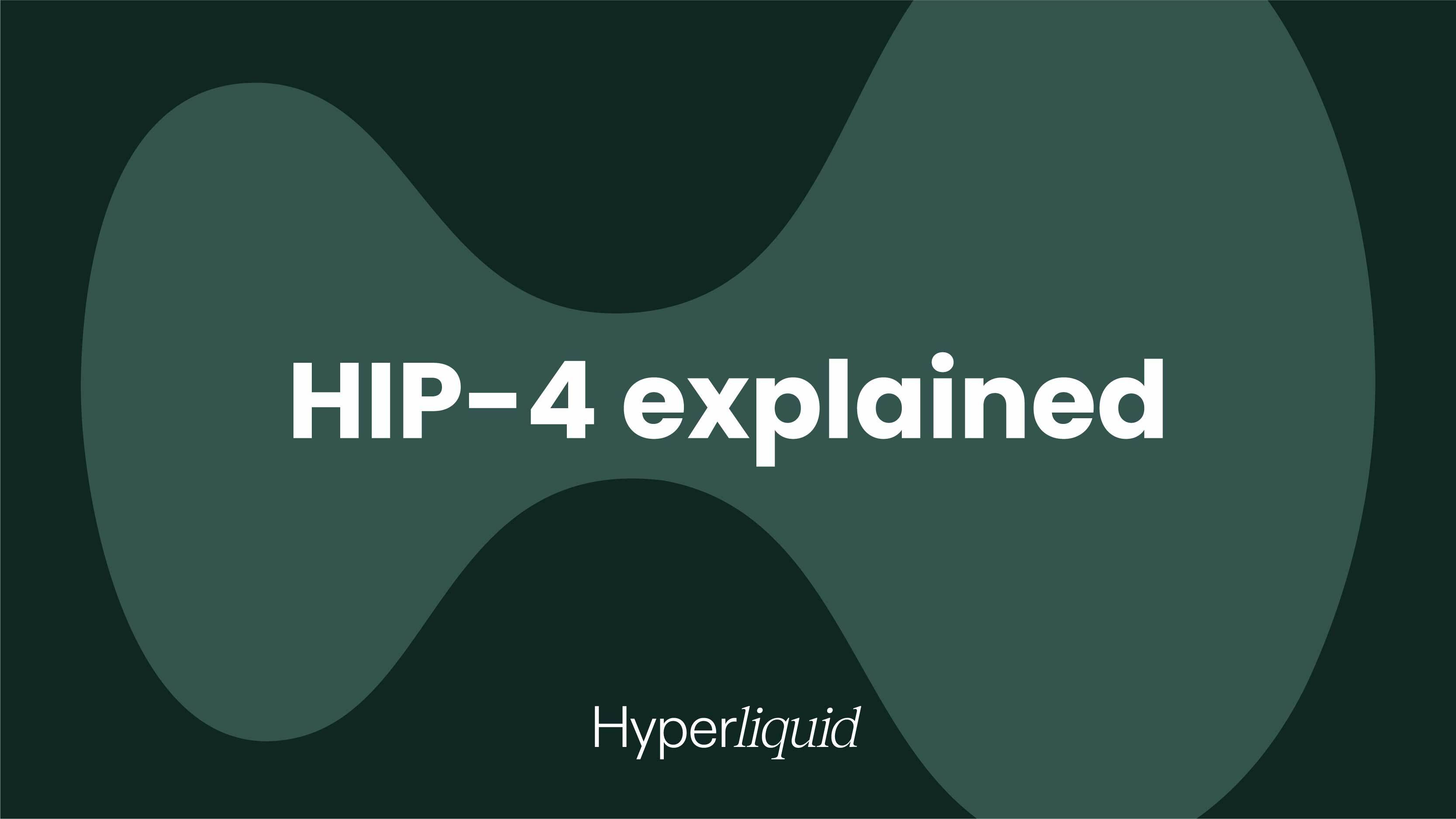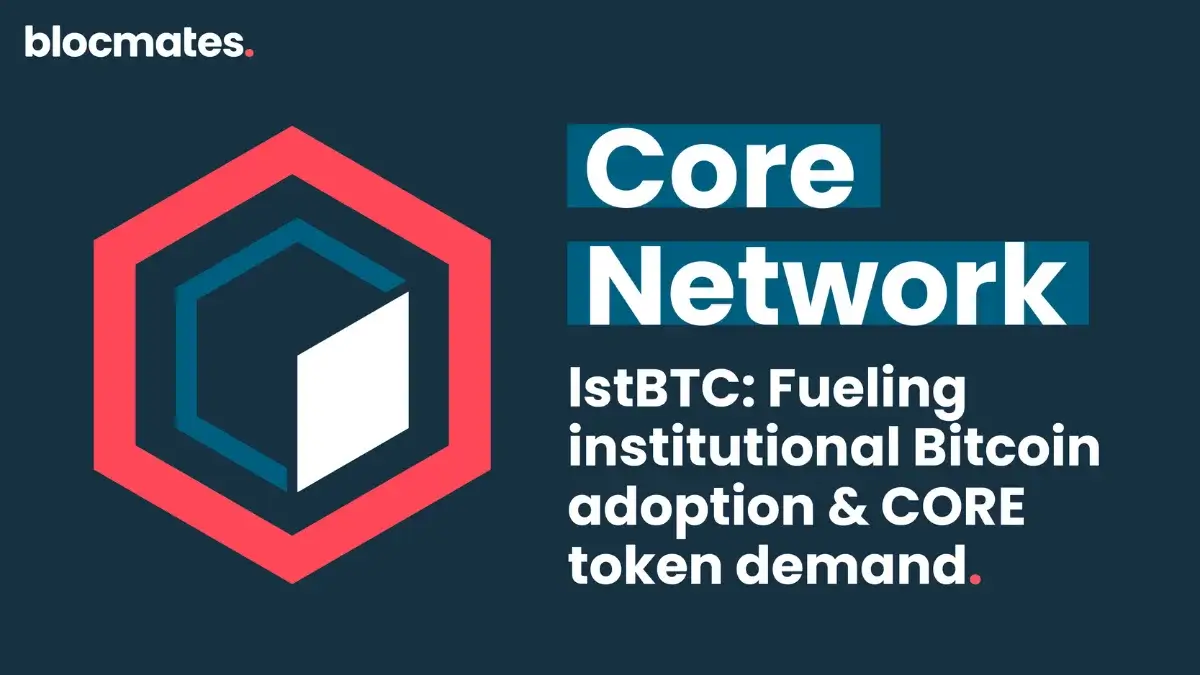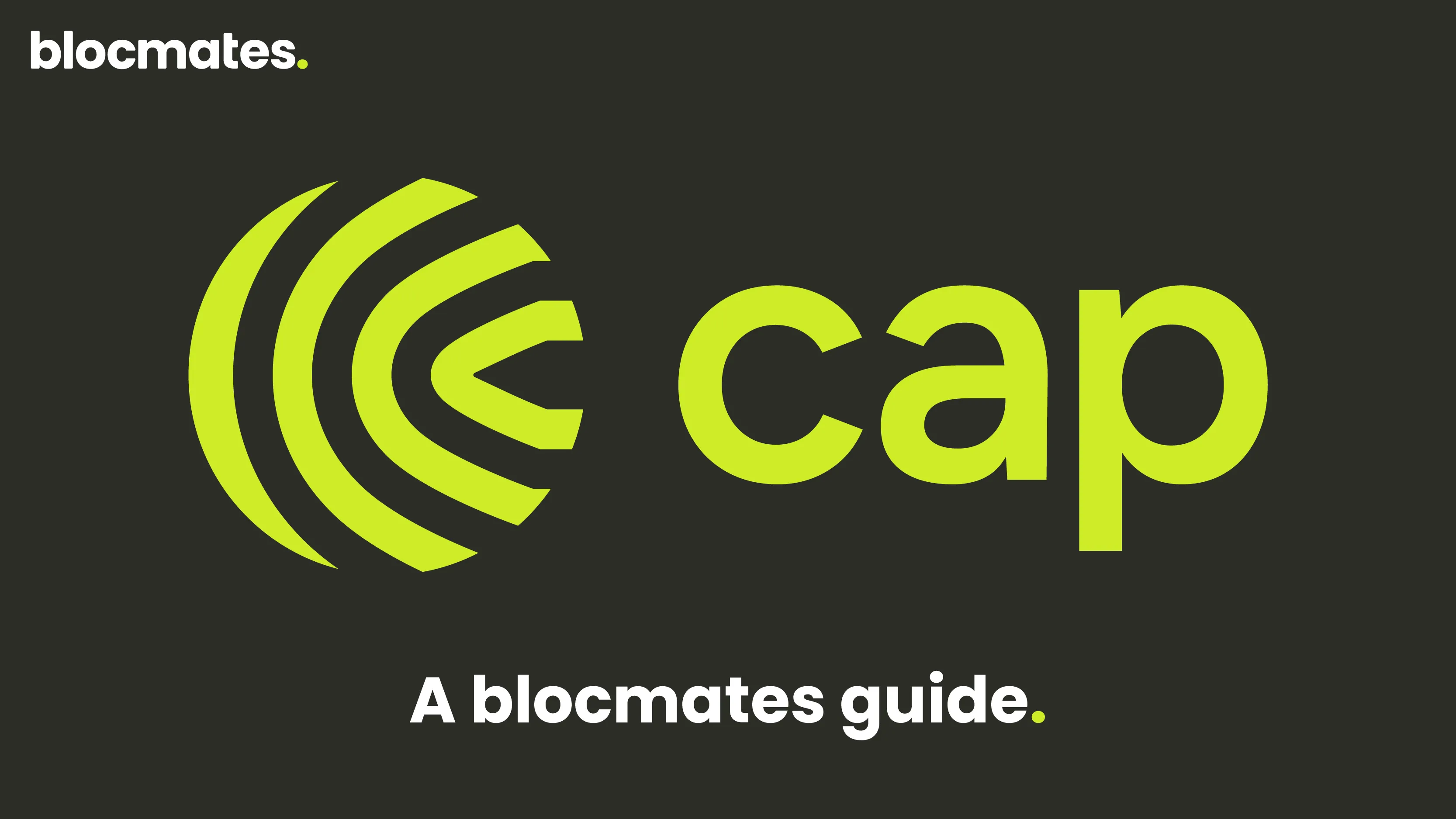JPMorgan Chase is moving deeper into the cryptocurrency space, rolling out its own deposit token, JPM Coin, to institutional clients.
This represents one of the most tangible steps yet by a major global bank toward using blockchain for everyday money movement. Designed to make payments faster and available around the clock, JPM Coin is part of the bank’s effort to merge traditional finance with the evolving blockchain economy.
How JPM coin works and what it means for payments
Unlike stablecoins, which are typically issued by private entities and backed by fiat reserves, deposit tokens represent real deposits held at commercial banks.
In this case, JPM Coin represents dollar deposits held at JPMorgan, allowing institutional clients to send, receive, and settle payments using blockchain technology.
According to Naveen Mallela, global co-head of JPMorgan’s blockchain unit Kinexys, the token currently operates on Coinbase’s Base network, a public blockchain designed for scalability.
The system enables transactions to clear within seconds and at any time of the day, quite a notable contrast to the limited operating hours of traditional bank settlements. Mallela added that JPMorgan plans to eventually expand to other blockchains and currencies, pending regulatory approvals.
The bank’s trial phase involved Mastercard, Coinbase, and B2C2. The token’s ticker is JPMD, with the bank also trademarking JPME for a potential euro-denominated version.
In the future, JPMorgan hopes to allow clients of its institutional clients to access the token as well, extending its use beyond the bank’s direct network.
Deposit tokens vs. stablecoins: a shift in strategy
The arrival of JPM Coin comes amid growing interest in blockchain-based settlement systems across the financial industry. Citigroup, Deutsche Bank, Santander, and PayPal are among those exploring or piloting similar digital money instruments.
The key distinction is that deposit tokens, being issued by regulated banks, sit under existing banking frameworks, offering a familiar level of oversight for institutions wary of stablecoin risks.
Mallela noted that while stablecoins attract retail attention, deposit tokens can be yield-bearing, making them appealing to corporate clients or trading firms that already manage large cash balances.
In fact, JPM Coin will also be accepted as collateral on Coinbase. Currently, JPMorgan’s Kinexys network processes over $3 billion in transactions daily, a fraction of the $10 trillion its payment systems handle overall.





























.webp)

.webp)
.webp)

%20(1).webp)



























































%202.webp)


.webp)

.webp)
.webp)
.webp)



.webp)



.webp)
.webp)

.webp)
.webp)
.webp)


.webp)
.webp)










.webp)


.webp)









.webp)







.webp)




.webp)

























.webp)







.webp)















.webp)

.webp)
.webp)

.webp)














.webp)

.webp)


.webp)








.webp)




